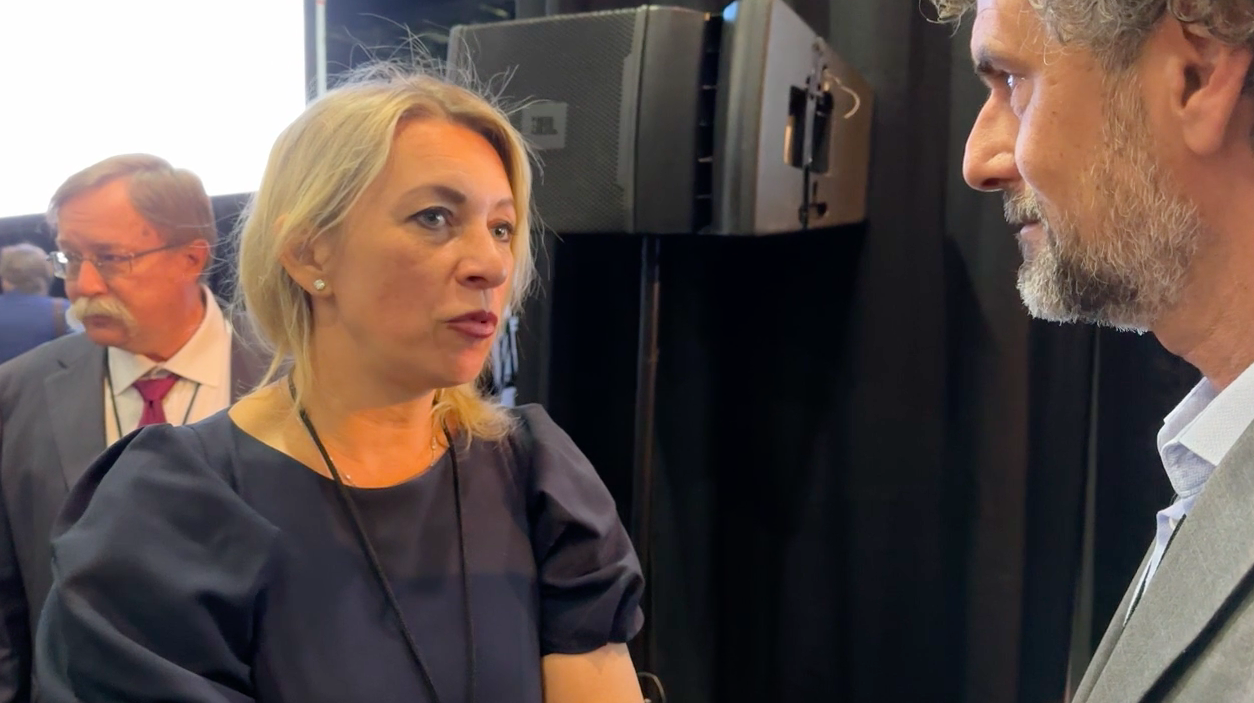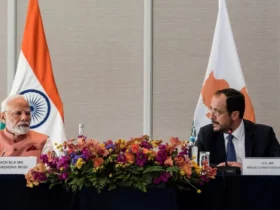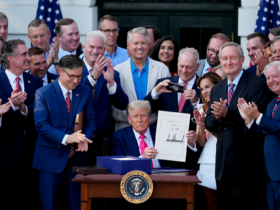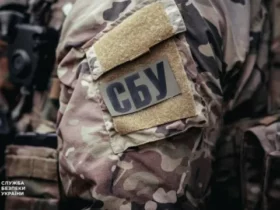During the BRICS summit in South Africa, we had the chance to briefly interview Maria Zakharova, spokesperson of the Russian Foreign Ministry. One of the main topics of the summit, the use of national currencies in international trade was in our focus.
So, what means de-dollarization or national currency for you? What’s the advantage of it?
You know, very often I’m looking through, for example, media articles, analyses saying that de-dollarization is a sort of goal of different organizations or some of the countries. It’s not. It is not a goal. It’s just a reality.
I just want you to recall, I want to remind you how all this started. Several decades ago, United States of America proposed dollar as an international currency just to make everybody’s life better, easier, more comfortable, saying, and they were very insistent on this, that that will bring the world economy to a new level, that will simplify our connection and relationship.
And that was obvious. They just started this campaign, international campaign. And probably those times, those who established such a policy in the United States and abroad, probably they were honest. Probably they honestly wanted to make a first step for a globalization.
But what we are facing now, last year, is a completely different thing. There is nothing from simplification or making our life easier. This currency is used as a tool of hegemonism and a new sort of colonialism, when it’s used to punish and to segregate and to make others’ lives more complicated or turn it into a nightmare.
And it is not the goal of BRICS or Russia or Türkiye or China or Brazil or other countries to refuse the dollar. It’s the problem of the United States that they use this currency, their own currency, as a tool to, I don’t know, to turn others’ life into nightmare.
The US dollar is also economically “a problematic currency”
And another thing, I’m sorry to say this, but it is obvious, it’s not my political opinion, it’s a basic, it’s economic basics. It’s a very problematic currency nowadays. You know the figures and you know the numbers. And you know how many economic world crises were started from the United States, for example, in 2008.
National currencies “are more stable”
So, the initiated world crisis, their currency cannot overcome their problems. So everybody in the world do not want to resolve American problems. They want to establish, create, sort of guarantee, financial guarantee system not to be victims one more time of American crisis.
What do you do with national currency? Would the use of national currency strengthen national sovereignty as well?
I don’t want to speak out or to speak in the face of all countries. It’s up to each country, each nation to work out their way out and to realize what is more convenient for them.
From our point of view as Russia, yes, it is. It is not only convenient, it’s more stable, it’s more secure in a situation with dollar, which is a reality. But it’s up to each country to decide. But I understand more and more countries each day want to do something not to be another victim of American financial system. Because it’s a reality. It’s not something which is invented by analytics. It’s a reality.
This interview was conducted on behalf of and first published on TeleSUR TV.

















Leave a Reply